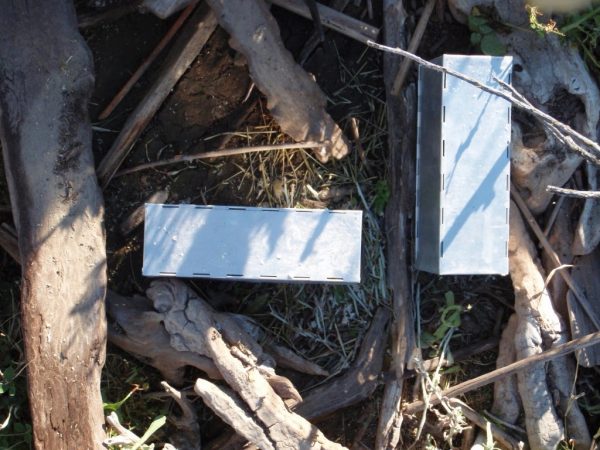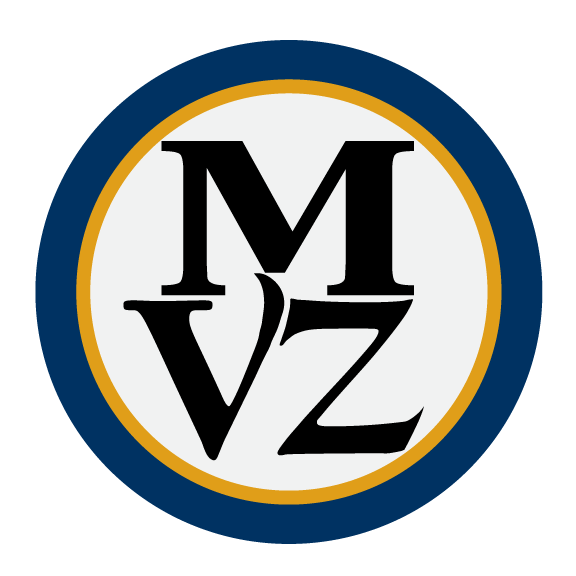
What field supplies are available and how can I get them?
The MVZ provides certain supplies for field work and collection of specimens that will be deposited in the Museum. We have limited supplies for loans and some items are first-come, first-served. The earlier you reserve the items, the better. Some supplies are custom-ordered, and others may be back-ordered (e.g., it is not unusual to take three months if supplies are backordered). A minimum of two weeks is required, and one month advance notice is highly recommended.What supplies must I provide for myself?
The museum does not supply archival pens, liquid nitrogen, personal field gear, or skinning kits. For collecting permit information, see permit information in the MVZ Handbook.Self-Provided Supplies | Potential Sources |
|---|---|
| Collecting permits | Varies depending upon purpose (see Permits) |
| Field notebook binders | The Linton Company |
| Personal field gear (sleeping bags, tents, etc.) | Army/Navy Surplus stores Recreational equipment stores (e.g., Big 5, Campmor, REI) Thrift stores (e.g., Goodwill, Salvation Army) |
| Skinning kit/prep tools | CVS Fisher Scientific Recreational equipment stores |
Curatorial Supplies
Most curatorial supplies are located in the long hallway that connects the curatorial area with the area just outside the elevators. Excess supplies are also stored in VLSB 3140 above the cabinets along the wall, as well as in the Pelt Room on the first floor. For other curatorial supplies such as archival ink pens, #4H pencils, field notebook paper, and tissue vials and caps, contact a Curator. General office supplies (e.g., sticky notes, pens, paper, etc.) can be obtained from the Front Office. Supplies should NOT be taken without the assistance of a Curator. Please notify a Curator if supplies for a particular item are getting low. The MVZ also may provide access to supplies for use in the museum, including calipers for measuring specimens, a digital camera and copy stand for specimen photography, and color charts. Contact a Curator for more information.Alcohol, Formalin & Wet Supplies
Alcohol and formalin solutions are made by the Curatorial Assistants and should be mixed up as needed. Alcohol (70%) is used for long-term storage of fluid-preserved specimens. Formalin (10%) is used to fix specimens before they are transferred into alcohol for storage. Formalin is also used to store eggs and larvae. Small quantities of glycerin and isopropyl alcohol are also available and should be requested from the Curator.Alcohol: 1-gallon cans of 95% Ethyl alcohol (EtOH) are kept locked in VLSB 3134. To make 70% EtOH, add 3.5 gallons of water to 10 gallons of 95% EtOH in a 15-gallon carboy.
Formalin: Bottles of formalin are kept in Herp Lab as well as VLSB 3134. Formalin should be buffered using a small amount of magnesium carbonate (about ½ tablespoon per gallon of 10% formalin), enough so that it doesn’t dissolve. Buffer is stored beneath the counter in Herp Lab.
